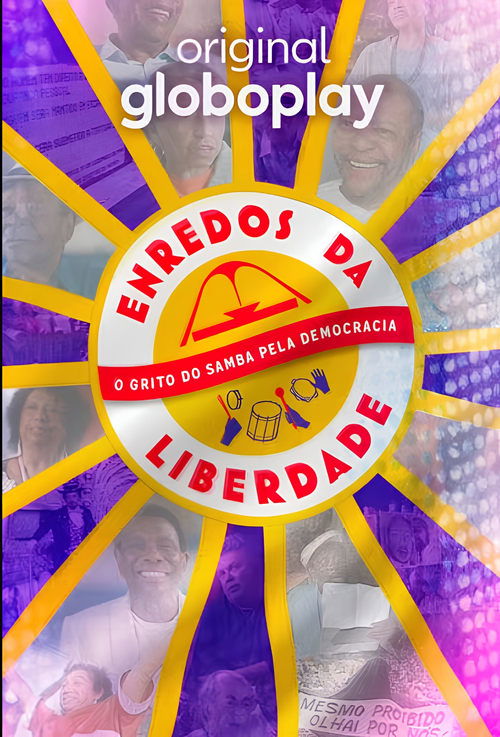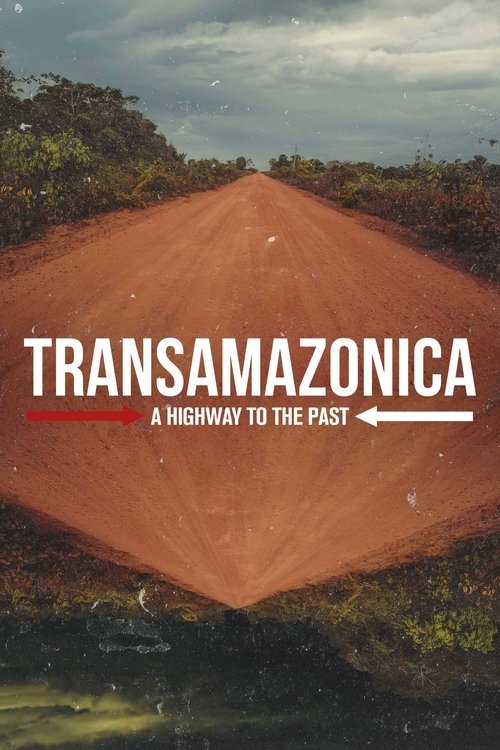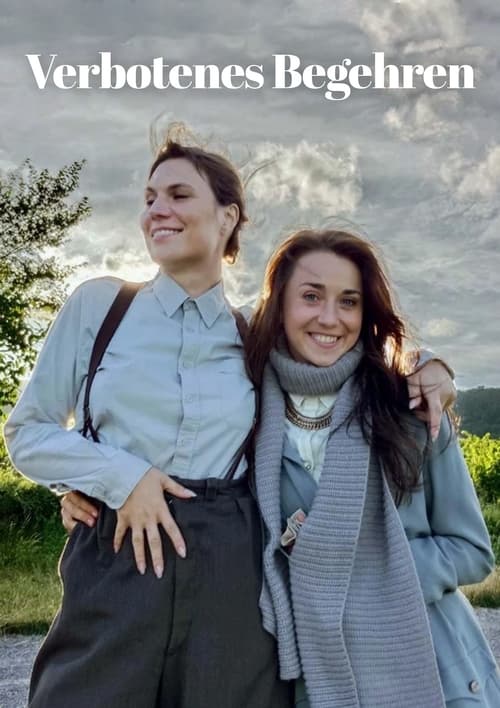Plots of Freedom – The Cry of Samba for Democracy (Enredos da Liberdade - O Grito do Samba pela Democracia)
Overview
Enredos da Liberdade – O Grito do Samba Pela Democracia is a Brazilian documentary series available on Globoplay that delves into the pivotal role of samba schools during Brazil's transition from military dictatorship to democracy in the 1980s. Spanning five episodes, the series showcases how samba-enredo compositions became powerful tools of political resistance, addressing themes like censorship, economic hardship, and racial inequality. Through rare archival footage and interviews with prominent figures such as Martinho da Vila, Leci Brandão, and Rosa Magalhães, the documentary highlights the creative defiance of these cultural institutions. Each episode concludes with a reimagined performance of a significant samba, featuring artists like Teresa Cristina and Mart’nália, underscoring the enduring impact of these musical expressions in Brazil's democratic journey.
Seasons
Season 1 (2024)
No overview available.
5 episodes
Episodes
Episode 1: A Dream That Persists: 1980–1981
2024-02-01This episode explores the early 1980s, a period marked by political unrest as Brazil began transitioning from military dictatorship to democracy. Despite violent acts by military extremists opposing democratization, samba schools used their performances to express hopes for a new, peaceful nation. Their parades became acts of resistance, symbolizing the enduring dream of freedom.
Runtime: 33 minEpisode 2: These People Want to Speak for Themselves: 1982–1983
2024-02-08During these years, samba schools boldly addressed political themes that the dictatorship sought to suppress. Their parades brought to light issues like censorship and social inequality, challenging the regime's narrative and asserting the community's voice through cultural expression.
Runtime: 30 minEpisode 3: The Carnival of Direct Elections: 1984–1985
2024-02-15Amid the national movement for direct presidential elections, known as "Diretas Já," samba schools played a pivotal role in mobilizing public sentiment. Their performances echoed the people's demand for democratic reforms, reinforcing the call for political change through the vibrant medium of carnival.
Runtime: 37 minEpisode 4: The Carnival of the Constituent Assembly: 1986–1987
2024-02-22Following the end of military rule, this period saw a surge in creative expression as Brazil worked towards drafting a new constitution. Samba schools celebrated this newfound freedom, with their parades reflecting the nation's aspirations and the reinvigoration of democratic ideals.
Runtime: 39 minEpisode 5: Let Go of Our Costumes: 1988–1989
2024-02-29In a time of artistic flourishing, samba schools produced some of their most impactful parades. Notably, Beija-Flor's 1989 performance, "Ratos e Urubus, Larguem Minha Fantasia," used recycled materials to critique social issues, and featured a censored depiction of a destitute Christ figure, highlighting tensions between artistic freedom and societal norms.
Runtime: 43 min







